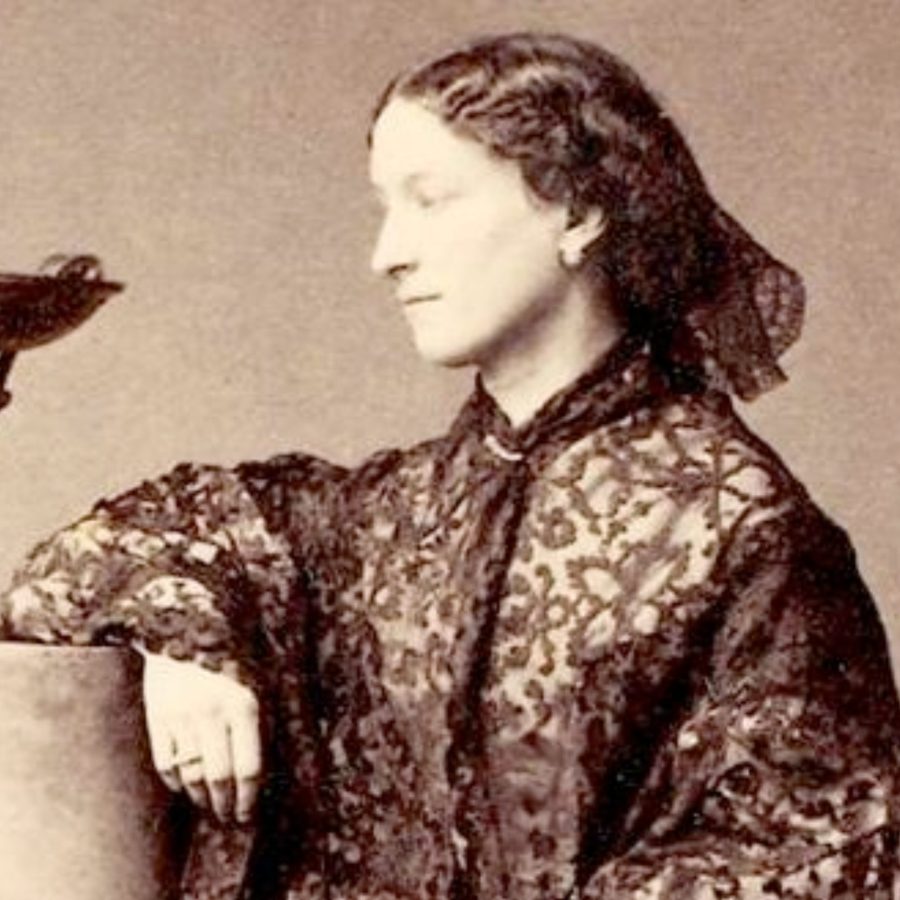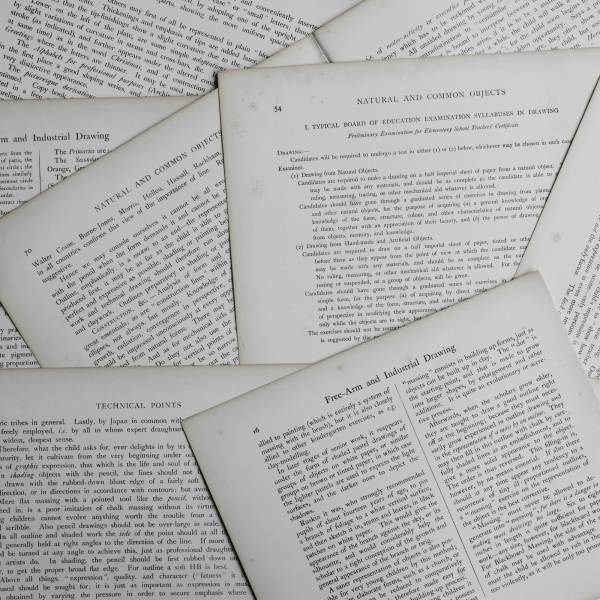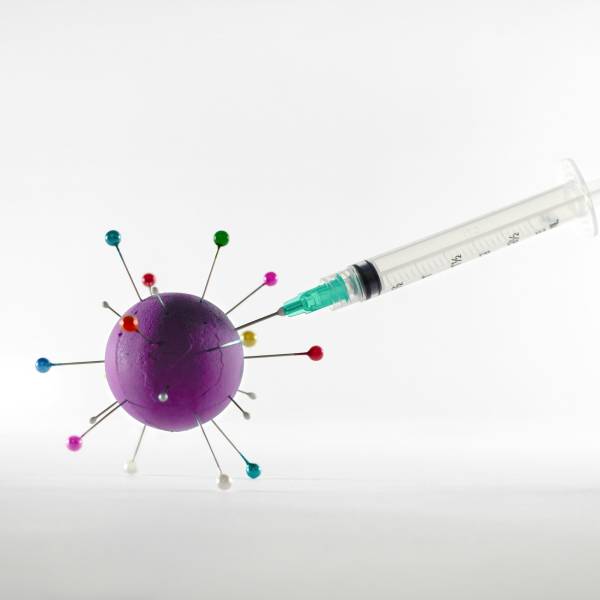Ever been to an aquarium? Do you have a fish tank at home? Then you’ll have Jeanne Villepreux-Power to thank! Even though she faced challenges getting into her career, nothing could stop her. Find out more about this Marine Biologist and her work below.
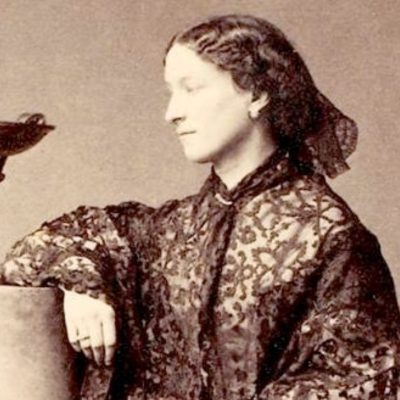
Early Life
Jeanne was born in 1794 in France. In 1794, it was very difficult for women to enter academic careers. On top of this, Jeanne’s parents didn’t have a lot of money. Her mother was a needlewoman and her dad was a shoemaker.
She had a basic education and didn’t have many academic skills. Because of this, she decided to move to Paris to become a Dressmaker. The guardian who took her stole her travel documents, so her job was given to somebody else. This didn’t stop her, and she even created a wedding dress for a princess!
Career
Her career path changed when she met her husband and they both moved to Sicily. She was amazed by the marine life in the Mediterranean and found it inspiring. Because of this, she was inspired to get back into education, learning more about the marine life around her.
Her goal was to learn more about and create an inventory of the marine life around her. However, she did find it quite hard to observe the animals living in the sea. This led her to design a glass cage to observe the species in, which was the first-ever aquarium! Not only did this change the way Jeanne studied, it changed science as a whole. Scientists could now do controlled experiments and make unprecedented discoveries about marine life.
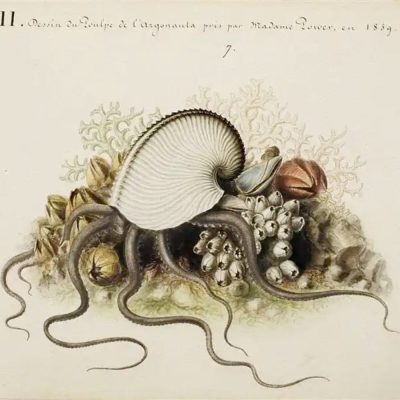
Villepreux-Power’s work didn’t stop there. She also conducted a lot of research on molluscs and cephalopods (animals like snails, clams, and octopi). Her observations and drawings of the paper nautilus, helped scientists everywhere understand its anatomy and behavior.
Legacy
Despite her achievements, she faced a lot of gender-based discrimination throughout her career. But her passion for science prevailed, and she changed the field of marine biology forever. Today, Jeanne Villepreux-Power is a trailblazer who fought against societal norms. She also reshaped the way we understand marine life and paved the way for future generations of female scientists.
